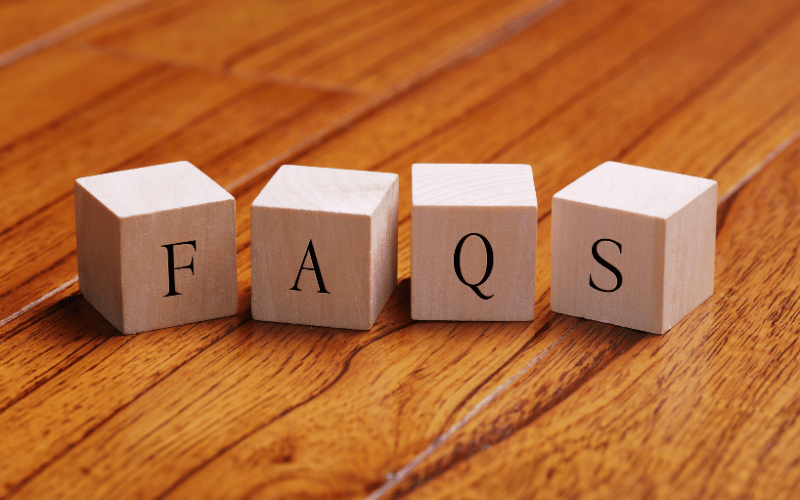FAQ: Frequently Asked Questions About Chronic Cholecystitis

1: Can chronic cholecystitis lead to complications if left untreated?
Yes, if chronic cholecystitis is not managed properly, it can lead to complications such as gallbladder stones, cholangitis (infection of the bile duct), pancreatitis, and in severe cases, gallbladder rupture. Timely diagnosis and management are crucial to prevent these serious outcomes.
2: Is chronic cholecystitis hereditary?
There is no direct evidence to suggest that chronic cholecystitis is hereditary. However, genetic factors may contribute to an increased risk of developing gallstones, which can lead to cholecystitis. Family history is one of several risk factors.
3: How is chronic cholecystitis diagnosed?
Diagnosis typically involves a combination of physical examinations, patient history, and imaging tests such as ultrasound, CT scans, or HIDA scans. Blood tests may also be conducted to look for signs of infection or inflammation related to the gallbladder.
4: Can chronic cholecystitis be cured without surgery?
In some cases, chronic cholecystitis can be managed with medication and lifestyle changes to control symptoms, but surgery to remove the gallbladder (cholecystectomy) is the most definitive treatment. The decision to opt for surgery depends on the severity and frequency of symptoms, and the presence of complications.
5: Can medications exacerbate chronic cholecystitis?
Certain medications, especially those containing estrogen such as oral contraceptives or hormone replacement therapy, can increase the risk of gallstones, a leading cause of cholecystitis. It’s important to discuss the risks with your healthcare provider, particularly if you have a history of gallbladder issues.
Conclusion: Understanding the Full Spectrum of Chronic Cholecystitis
Chronic cholecystitis, a persistent condition characterized by inflammation of the gallbladder, can manifest in various ways, impacting individuals differently. As we’ve explored the myriad symptoms beyond the commonly recognized signs, it’s clear that this ailment requires a keen eye for detail and an attentive approach to healthcare. From the subtle nuances of digestive disturbances to the overt cues of jaundice and pain, each symptom contributes to a larger picture of health that cannot be ignored.
The journey through understanding and managing chronic cholecystitis is not solely about treating symptoms but also about adapting to a lifestyle that supports gallbladder health. While medication and dietary changes can offer significant relief, in some cases, surgery may be the recommended route. Whatever path is taken, it’s crucial to do so under the guidance of a trusted medical professional, ensuring a strategy that is tailored to individual needs and circumstances.
Preventive measures and early intervention are the cornerstones of avoiding complications associated with chronic cholecystitis. Regular check-ups, being attuned to one’s body, and maintaining a dialogue with healthcare providers about any changes in symptoms are proactive steps one can take. Educating oneself about the condition and its potential impacts on daily living can empower individuals to make informed decisions about their health.